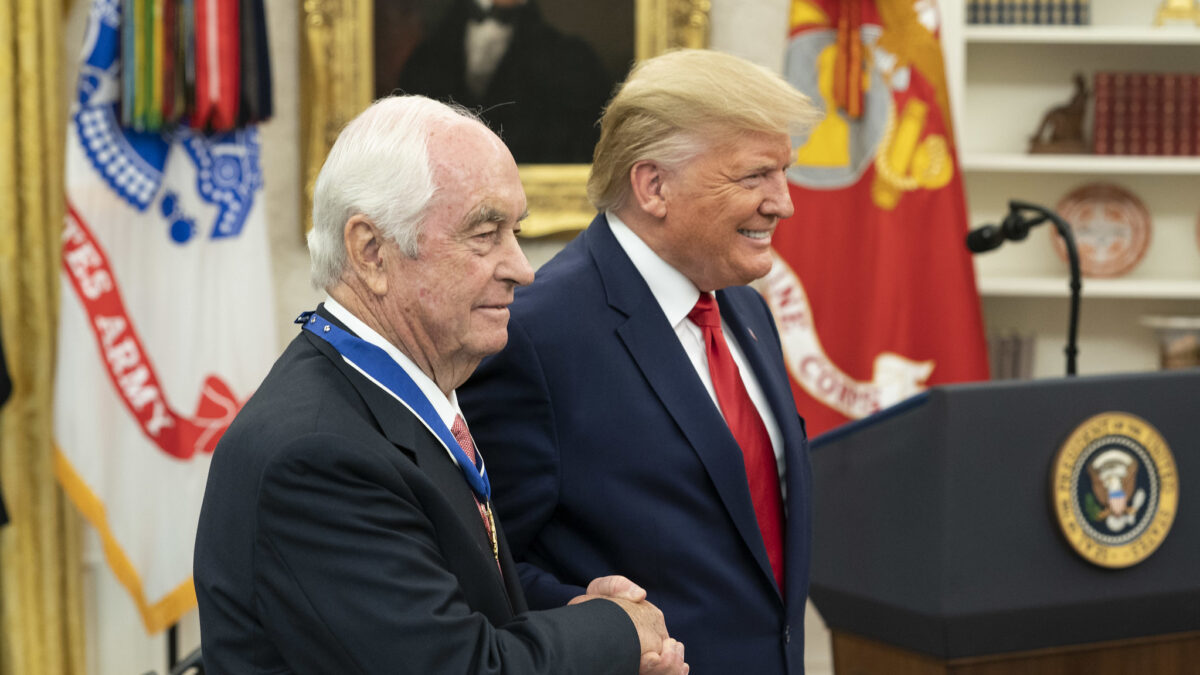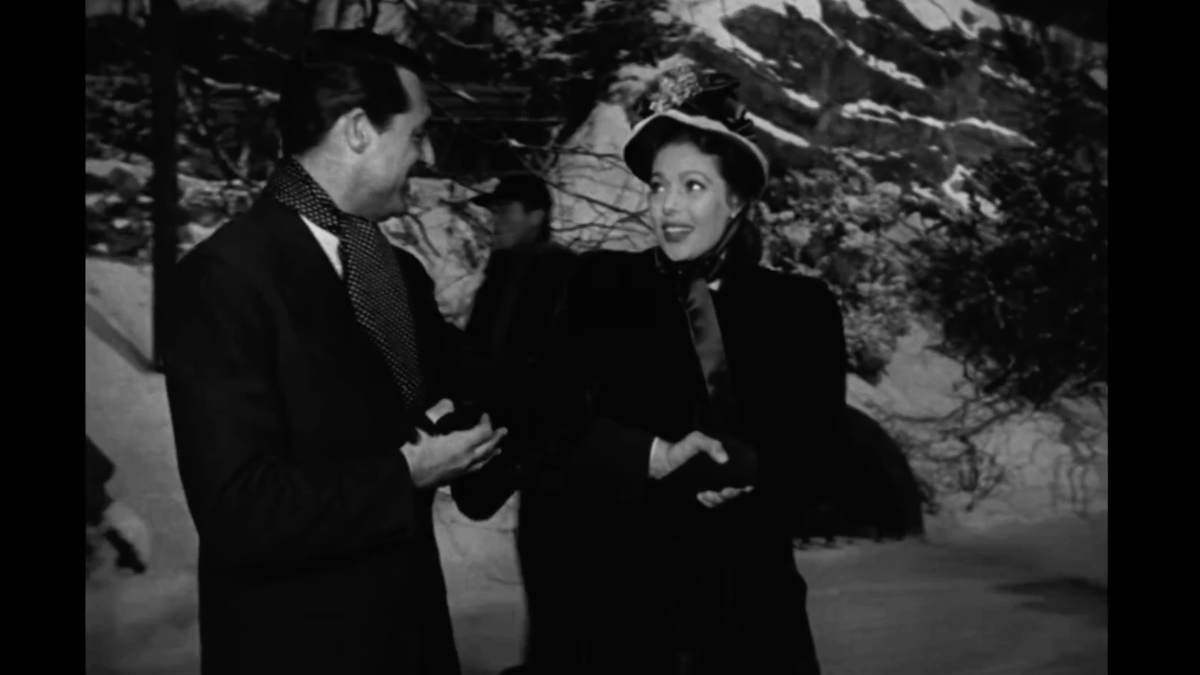In another time, “Where the Crawdads Sing,” written by Delia Owens, would be a coming of age, murder-mystery, romance drama with a raw and magnetic appeal. But in a time when all is politically scrutinized, reviewers ask whether “Crawdads” is “green” enough, and if Kya Clark is a pink hat-aligned woman.
However, what America finds in both the bestselling novel and the Reese Witherspoon-Taylor Swift-Daisy Edgar-Jones movie coming to theaters this week, is that Kya Clark governs herself in liberty and discipline, keeps to her family values, and is hard not to see as an all-American inspiration.
Editor’s note: Minor spoilers ahead.
Kya’s story begins near the age of birth suffering violent child abuse. Her father physically and emotionally destroys the family that would have raised her. “Crawdads” pulls no punches on Pa’s brutality, yet also describes the way his prior choices in the face of economic depression and war corrupted his habits and decayed his mental health. Owens, a wildlife biologist with nonfiction science publications to her name, paints nature as a struggle for survival, and from the novel’s start rises an undercurrent that society is like an ecosystem in which all are susceptible to pitfalls, yet responsible for their steps and missteps.
Fully abandoned by age six, Kya comes into tension with truancy officers. The district pursues her, but throughout the hunt, “Crawdads'” tone favors an independent life in the marsh that suits the young girl. The feeling evoked is remarkably real for a child in an almost unbelievable situation. We grip onto the girl who increasingly thrives in nature, who would lose the nesting birds who provide her comforting songs and feathers if child protection were able to pluck her out. Her victory over their chase affirms that seemingly ruinous events in life may need to compost, as detritus in the marsh, enabling regeneration without intervention.
Along the way to maturity in the wild, Kya discovers that affordable gasoline lets her motor through the marsh and beyond the Intracoastal waterway. She can make private transactions of collected mussels for life’s basic necessities with the local merchants. Storekeepers Jumpin and Mabel take to her as would family.
Her mind and body developing, Kya and a boy, Tate, meet for private instruction on subjects beyond schoolbook “reading” alone. Sharing lessons on how awareness of nature all around them can quicken their verbal faculties, Kya and Tate’s schooling arrangement is far from standardized public education. Tate teaches Kya without union job security because he sincerely wants to. Their educational and social relationship is fruitful, pure, and passionate, illustrating both academic and social benefits of school choice.
Kya’s worst fortunes gradually turn promising. At the pubescent onset of bleeding, Kya privately confides and asks Mabel for guidance. Mabel reassures Kya that “startin’ life” is special, and “only women can do it.” A shared life with someone in marriage becomes Kya’s intimate yearning.
Kya breaks into financial independence as a wetlands biology author. Her fastidious illustrations earn the trust of her publisher and readers. Previously a total unknown, her uncensored solo discoveries are not only her economic lifeline but a boon to scholars. Despite town gossip about her “swamp filth” and mobs attacking her shack, Kya is undistracted from her patient observations.
Even Kya’s ancestors, in their absence, endanger her independent life on the land through neglect of the property taxes. Her free way of life, though, is ultimately preserved when, to Kya’s relief, she is able to cover the low back taxes by herself.
To all this wild growth, Chase Andrews is a foil, a life subsumed by the same public administrations whose officers would have hunted Kya down. Popular and victorious on the ball field, Chase is made into a hero in a school district so out of touch that it looks down its collective nose at Kya. Chase is lionized within the district despite prevalent beliefs that he tramples on the hearts and bodies of women and wildlife.
When Chase’s body is discovered, the novel’s suspense surges to a head. An intricate trial ensues til almost the finale. Most of the town hardly entertains critiques of Chase, nor itself, for the treatment of the types like Kya who live in the marsh. Their miseducations would never let them.
Unlike the “pretenders” who warp reality by evading true contact with it, as does Chase, the traditional working men are in-touch, reliable, strong, and sensible, including Scupper, Tate, Jumpin, Tom, and Jodie (Kya’s brother). With woman and man connecting in nature, “Crawdads” envisions the sexes in harmony.
Owens says her idea for “Crawdads” came while “face to face with lions and elephants,” as she realized “how much our behavior is similar to the animals.” A spellbinding theme to today’s readers, the idea of the animal in human nature also emerged in framing the U.S. Constitution. The founders realized our moral state was animal-like in its capability for both sublimity and tyranny. This inspired the Constitution’s enumerated limits, checks, and balances on power, as well as the complimentary idea that moral cultivation is essential to civil society.
Inalienable rights let us, like Kya Clark, chart our own course. Conservative undertones are woven into “Crawdads'” earthy narrative in a way that seems more than coincidental. Owens muses on survival and territorial advantage in nature and human behavior. If the author were probed about consent of the governed, liberty, and family values in relation to the theme of the wild-like human condition, it would be interesting to hear her thoughts.
“Crawdads” is a cultural achievement; it does not need to be a culture warrior. It speaks to the soul not of environmentalist America or feminist America, but, refreshingly, the soul of America.
If true to the book, the movie directed by Olivia Newman (“Chicago Fire”, “FBI”) and starring Daisy Edgar-Jones (“Normal People”) as Kya, will showcase indefatigable red-blooded boys and girls, free men and women living unbridled and steadfast.









